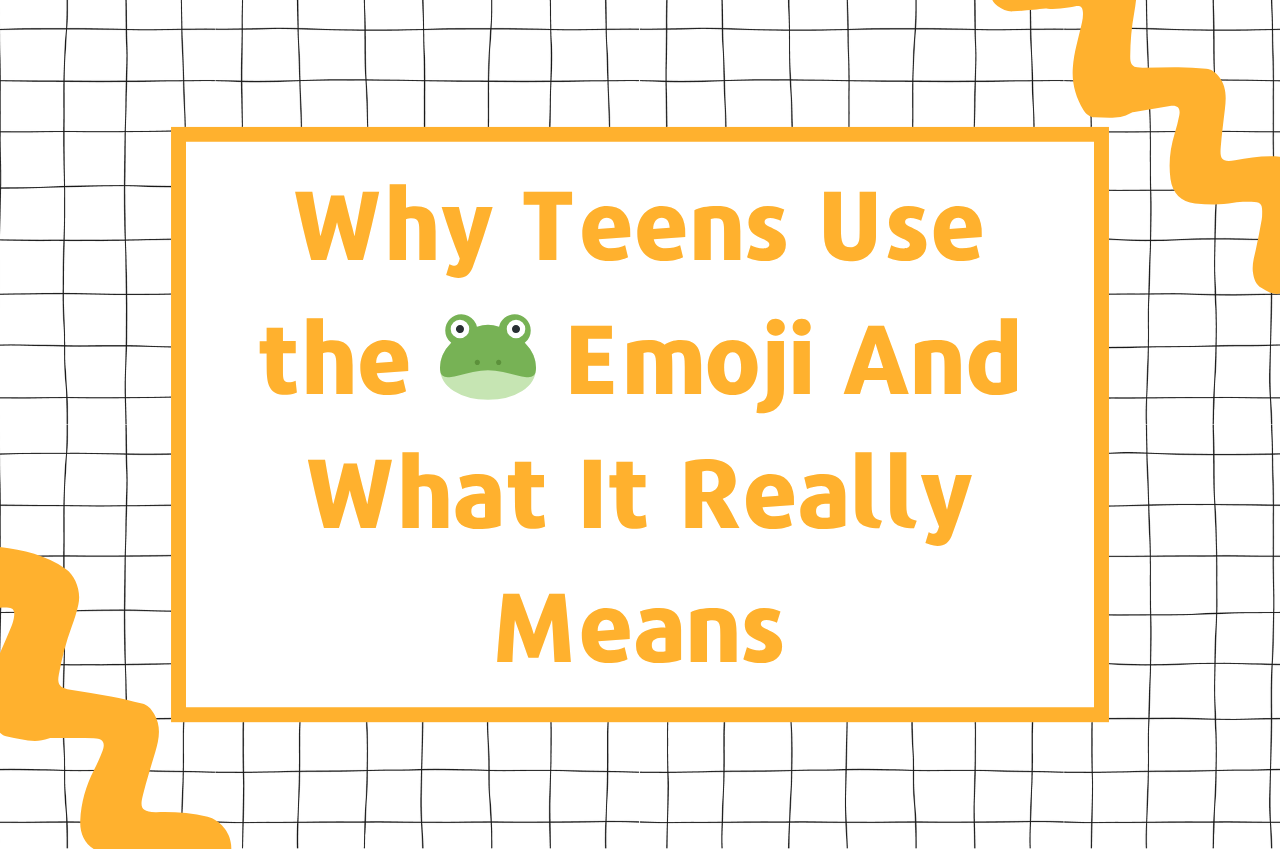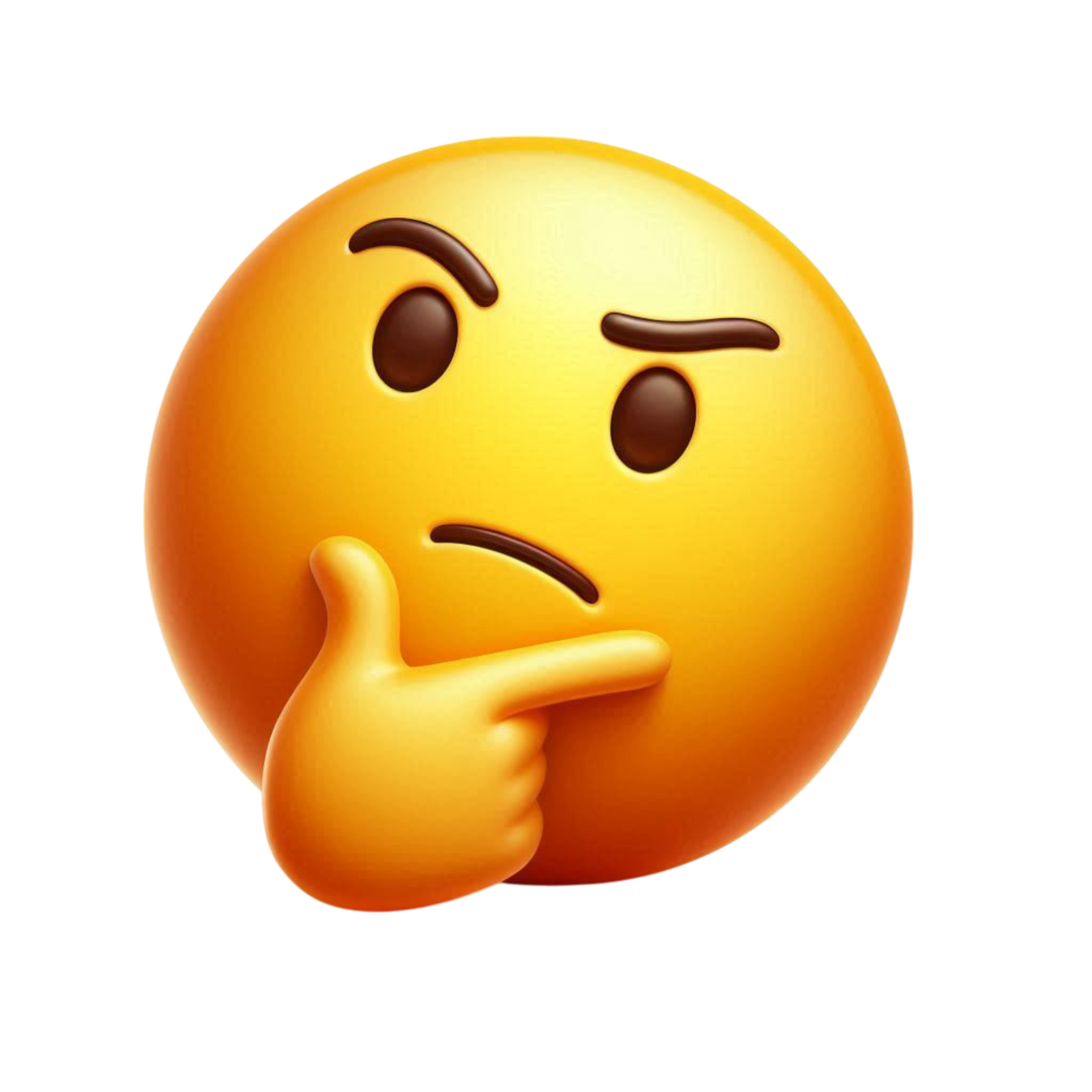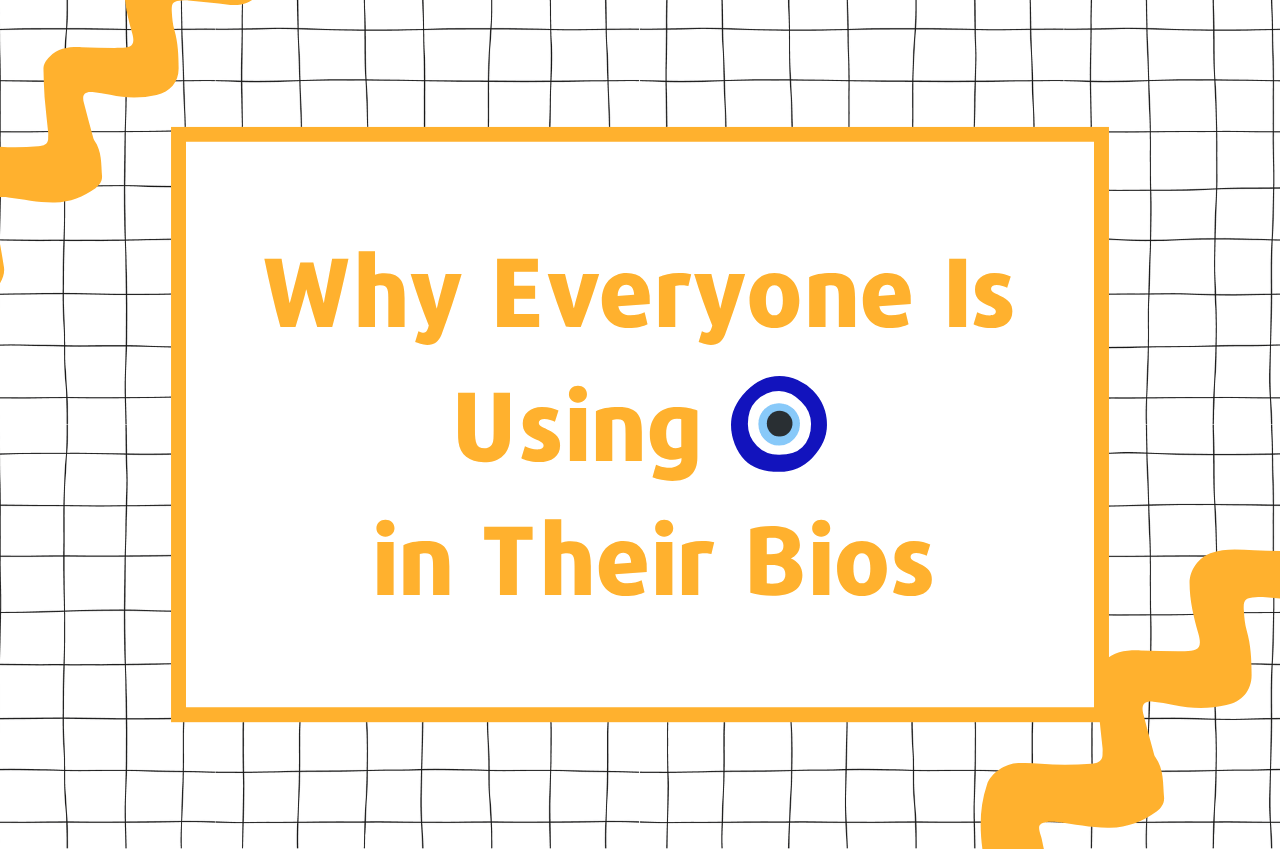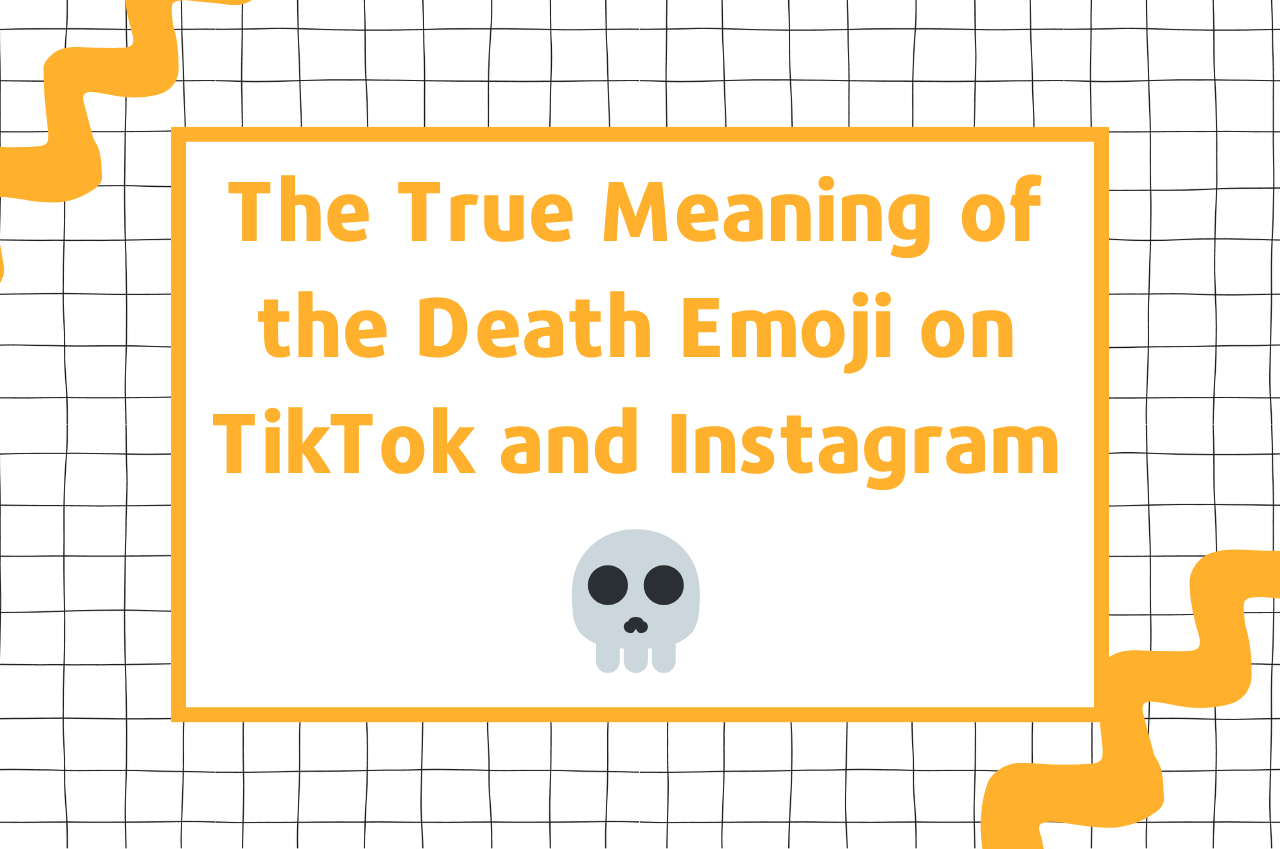Why Teens Use The Frog Emoji – And What It Really Means

| Category | Culture & Trends |
| Published | 11 November 2025 |
| Tags | |
| Share |
Why Teens Use the Frog Emoji – And What It Really Means
If you’ve been scrolling through TikTok or Instagram lately, you may have noticed more people using the frog emoji in their captions, comments, or bios. While it might seem random, this little green frog actually carries a deeper — and sometimes funny — meaning among teens online.
The Original Meaning of the Frog Emoji
Originally, the frog emoji simply represented the animal itself — a cute amphibian often associated with nature or rain. But as with many emojis, social media users have given it new, playful meanings that go far beyond its literal sense.
The Frog Emoji in Teen Slang
For many teens, the frog emoji is used to express awkwardness, sarcasm, or quiet amusement. It can appear when someone says something strange, embarrassing, or ironic — almost like a silent reaction of “I’m just watching this happen.”
Sometimes, it’s also used in a lighthearted or meme-like way to show indifference or to react without words. In group chats or comments, it can mean something along the lines of: “I’m staying out of this drama.”
Where the Trend Started
The frog emoji gained popularity thanks to various internet memes and reaction images featuring frogs — especially the “Kermit sipping tea” meme, which represents someone watching drama unfold without getting involved. Teens adapted the emoji version as a shorthand for that same feeling online.
How Teens Use It on TikTok and Instagram
- In comments to react quietly to something weird or dramatic.
- In captions to express sarcasm or awkward humor.
- Alongside tea or gossip-related posts as a playful nod to online memes.
Example: “When your best friend starts arguing in the group chat” — implying you’re just sitting back and watching.
Why It’s So Relatable
Part of the frog emoji’s charm is its subtlety. It’s not aggressive or dramatic — it’s calm, passive, and a little bit funny. Teens use it as a non-verbal reaction that says, “I see what’s happening, but I’m not getting involved.” It fits perfectly into the ironic, self-aware humor that dominates Gen Z online culture.
Final Thoughts
The frog emoji might look innocent, but its modern meaning is full of personality. Whether used for sarcasm, quiet amusement, or meme-inspired humor, it’s become one of the most versatile symbols in teen communication today. So the next time you see a frog emoji in a comment section, remember — it’s not about frogs. It’s about that unbothered, slightly awkward energy that makes online culture so relatable.






